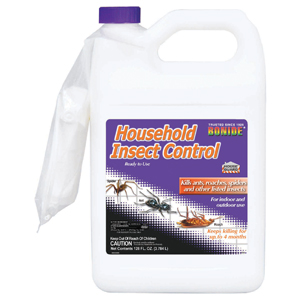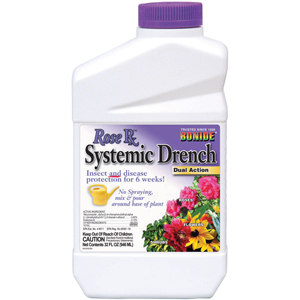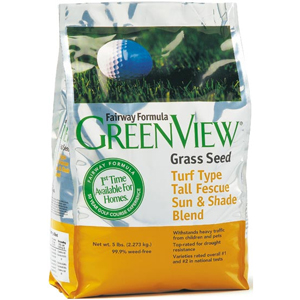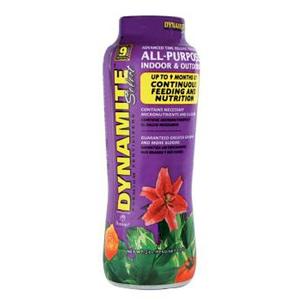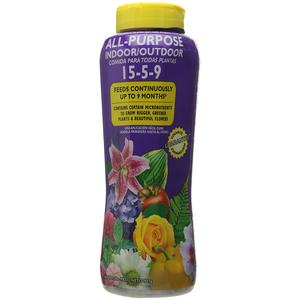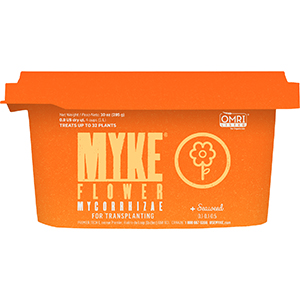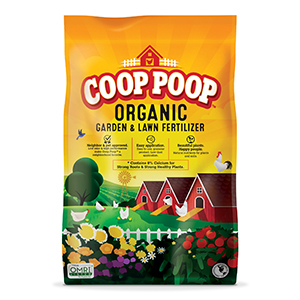There’s no way I can begin
any tip with the word “freedom” without thinking of the many sacrifices made in
protecting our country, which is the greatest in the world. Thank you to those
soldiers and public servants of the past, present and future for allowing us to
be the home of the free and the brave.
Being patriotic isn’t just
about flying a flag on designated holidays. It’s about recognizing and
remembering all who defend and uphold the freedoms of our great nation. The
flag serves as a reminder that we have freedom of choice and it should never be
taken for granted. Fly your flag proudly!
Another Type of Freedom
When it comes to freedoms in
the gardening world, we’ve come a long way. We never used to think twice about
the inefficiency in our gardening practices or the toxicity of our go-to
chemistries. Over the past 20 years, research and technology have led to many
fantastic improvements we didn’t even know we needed: plant genetics with
natural disease resistance, grass varieties that require less maintenance and
alternative chemistries that are safe and effective.
All of these improvements
have given consumers more freedom (or time) to enjoy what they want to do a bit
longer. Let’s examine how our industry has affected our freedom in the garden
and home.
Freedom is Timesaving
Freedom is Timesaving
My favorite example of time-saving
freedom in the garden involves our national flower, the rose. Less than two
decades ago, I needed to spray a combination of chemicals including Isotox and Funginex,
and mixing a spray tank tonic to prevent diseases common to roses. This regimen
was repeated weekly throughout the growing season.
Today’s consumer needs only
to mix a single product in a watering can and apply around the base of the
plant to protect their roses from diseases. And the routine only needs to be
repeated once a month.
Even pest control in the home
has changed to allow more time between sprays, effective for up to a year in
some circumstances. Fertilizer may also be a one-time application with time-released
nutrients lasting up to nine months in the garden.
Gardening 2.0
Gardening 2.0
During the late 1970s, plant
breeders focused on developing plant varieties that needed less water, less
maintenance and less care. The turf grass industry has benefitted from the
development of better grass varieties that require less water and less
fertilizer, and offer stronger disease resistance. Turf-type tall fescues have
dominated the industry and reduced the popularity of Kentucky blue grass. Some
additional turf improvements include: endophyte-enhanced seeds to reduce insecticide
use, coated grass seeds to speed germination while using less water, and newer,
broad-spectrum insecticides that are safer than previous chemistries.
When the very first All-America
Rose Selection of a “shrub” rose, Bonica, was introduced in 1987 by Conard-Pyle
(now owned by Ball Horticultural Company), nobody predicted its impact would
forever change the rose world. America wanted freedom from rose care and soon
the Knock Out rose was introduced. Free flowering, maintenance-free and
vigorous, Knock Out roses are top-sellers in today’s garden centers.
Made in America
Made in America
Time-savers exist in polymer
water controls for planters, new planting media that contains mycorrhizae to
quickly establish root systems and even composted materials. New technologies were
developed for composting manures, so they won’t burn when used right away. Today,
there are several compost options from which to choose from including chicken
compost, buffalo compost and even lobster compost.
Many Americans garden during
the spring and summer holidays because they have the time to do so. Here are
some time-saver products that will allow your customers the freedom to do more
in the garden.



